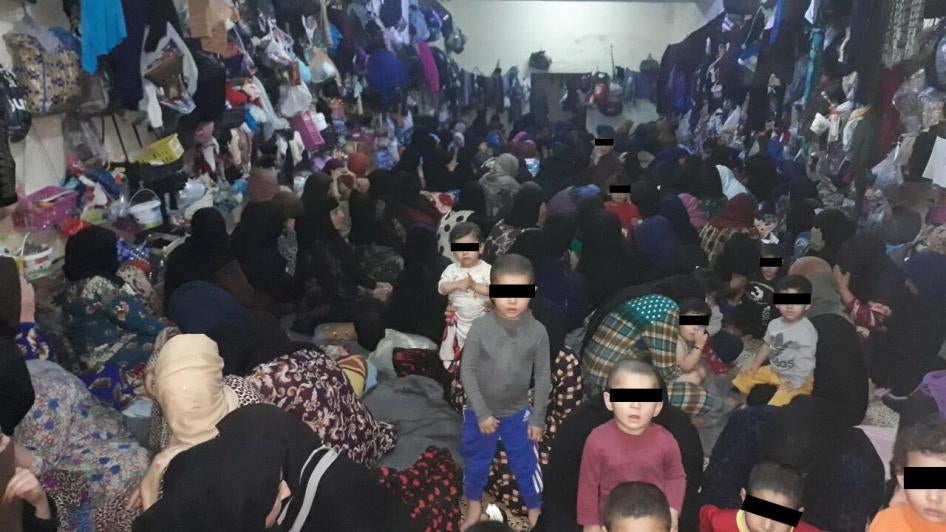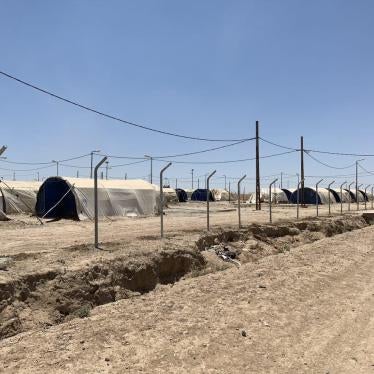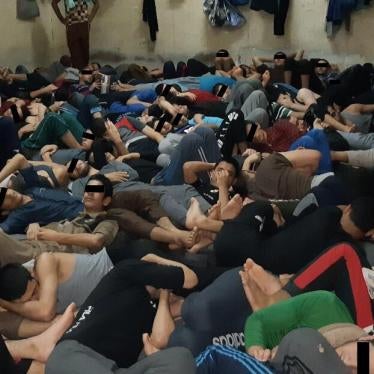Several members of Iraq’s parliament and the province’s deputy governor visited prisons near Mosul, Iraq, calling what they found a “humanitarian catastrophe.” This happened two days after Human Rights Watch released research detailing the horrible conditions of the prisons, which hold terrorism suspects.
Immediately after our report release, local authorities claimed Human Rights Watch’s research was “fallacious.” But the government’s tone has since changed. One parliamentarian admitted that “what Human Rights Watch reported was small relative to the actual catastrophe inside the prisons of Nineveh.”
Nongovernmental organizations working on these issues have said that Human Rights Watch’s research has made their work easier. Human Rights Watch has also been told that the report release has positively supported their work and has sparked serious conversations in Baghdad about addressing prison conditions.
Human Rights Watch documented extreme overcrowding, inhumane conditions, and ill-treatment at three Nineveh pretrial detention facilities. The detainees have no space to lie down or sit comfortably and have no mattresses because there is no room for them in the cells. Lawyers cannot visit their clients, because, among other reasons, there is no space for meetings.
The three pretrial detention facilities have a combined capacity of 2,500 people, but as of late June 2019, were holding an estimated 4,500 people. Roughly 1,300 of them had already been tried and convicted and should have already been transferred to Baghdad prisons. Some remained in the crowded facility for up to six months after they were convicted.
Human Rights Watch has previously documented deaths in custody in Nineveh facilities due to severe overcrowding.
The public acknowledgement of the prisons’ horrendous conditions is a positive first step. Human Rights Watch is advocating with Iraq authorities to ensure everyone in pretrial detention a speedy and fair trial or release. Detention before trial should be the exception, not the rule. We are also pushing for detainees to be transferred to official prisons that are accessible to visitors, including government inspectors, independent monitors, relatives, and lawyers.










